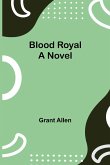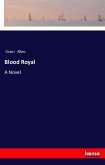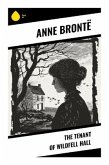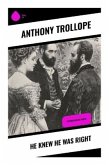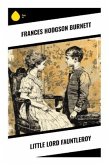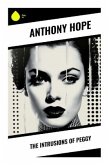In "Blood Royal," Grant Allen intricately weaves a tale that deftly explores themes of bloodline, power, and the implications of lineage within the context of societal structures. Through a rich narrative style infused with vivid imagery and careful character development, Allen creates a work that reflects the anxieties of the late Victorian era regarding class, morality, and the scientific discoveries of his time. Central to the plot is the tension between heritage and personal choice, as characters grapple with their families' pasts and the societal expectations that arise from them. Grant Allen, a prominent figure in the late 19th century, was not only a novelist but also a biologist and a journalist, whose diverse interests enriched his literary voice. Allen's fascination with the intersections of science and narrative is evident in "Blood Royal," where he combines scientific inquiry with the psychological complexity of his characters. His keen observation of social issues-stemming from rapid industrialization and evolving gender roles-honed during his own life experiences, inform the book's commentary on the human condition. "Blood Royal" is a compelling read for those interested in the intricate dynamics of society and the powerful influence of heritage. Allen's masterful storytelling and insightful exploration of moral ambiguity make this novel a significant contribution to Victorian literature, inviting readers to reflect on the lasting impact of family and societal expectations.
Bitte wählen Sie Ihr Anliegen aus.
Rechnungen
Retourenschein anfordern
Bestellstatus
Storno


